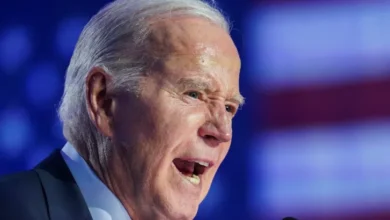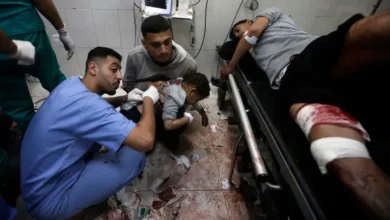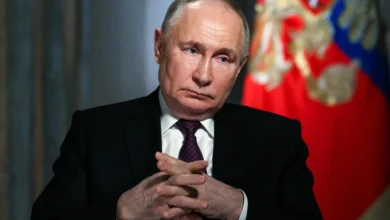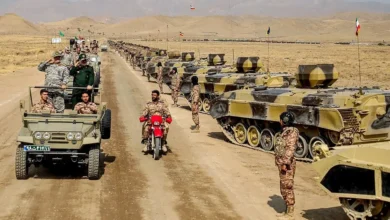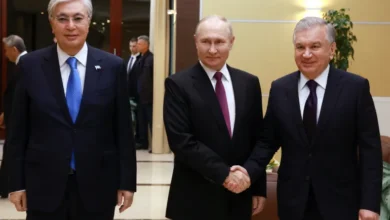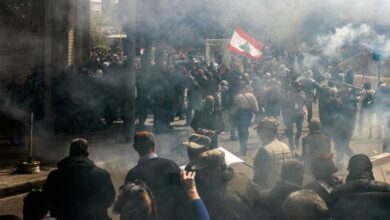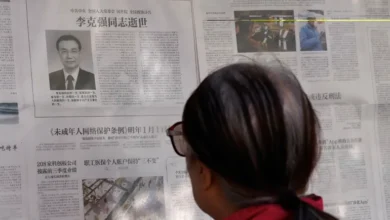Wagner mutiny reflects fault lines in Russia: Analysts
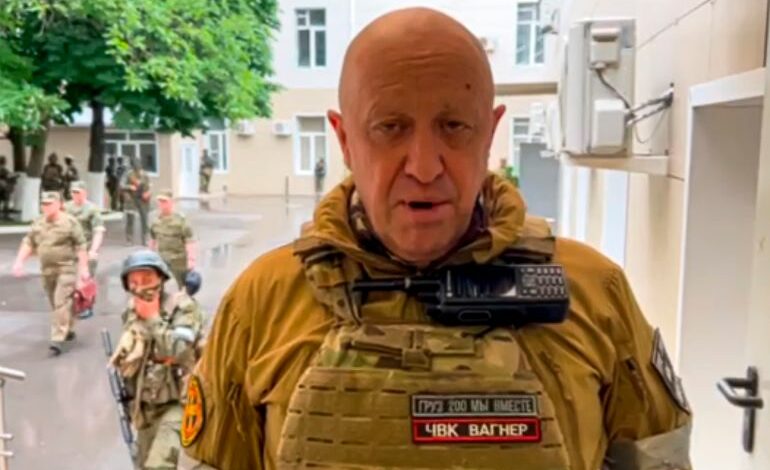
There was a meme, “Bombing Voronezh”, poking fun at how Russia’s government responds to sanctions in ways that hurt itself. Today, the meme has become a reality as, after seizing the city of Rostov, mutinous Wagner mercenaries advance on the actual city of Voronezh, halfway to Moscow.There was a meme, “Bombing Voronezh”, poking fun at how Russia’s government responds to sanctions in ways that hurt itself. Today, the meme has become a reality as, after seizing the city of Rostov, mutinous Wagner mercenaries advance on the actual city of Voronezh, halfway to Moscow.Marat Gabidullin, a former Wagner fighter who was deployed in Syria, told Al Jazeera he believed Prigozhin “overestimated his genius, as it happened to him before”, and does not think the mutiny will succeed. But from a military point of view, Gabidullin added, Wagner is in the right place.
“He’s in a strong position for negotiations: he managed to capture the headquarters of the [Southern Military District] group, located within the boundaries of a large city,” he explained.
“The headquarters are his hostages. To smoke him out of there, you need to attract large forces. His mercenaries have learned to fight in the city; starting an operation against them means deploying a lot of military personnel.”
Marat Gabidullin, a former Wagner fighter who was deployed in Syria, told Al Jazeera he believed Prigozhin “overestimated his genius, as it happened to him before”, and does not think the mutiny will succeed. But from a military point of view, Gabidullin added, Wagner is in the right place.
“He’s in a strong position for negotiations: he managed to capture the headquarters of the [Southern Military District] group, located within the boundaries of a large city,” he explained.
“The headquarters are his hostages. To smoke him out of there, you need to attract large forces. His mercenaries have learned to fight in the city; starting an operation against them means deploying a lot of military personnel.”
“This perception will now lie in tatters and leave him much more vulnerable over the longer term, even if he eventually prevails.”
Historically, much of Putin’s popularity rested on restoring stability in Russians’ lives: During the post-Soviet collapse of the 1990s, Russia was plagued with turf wars between organised crime syndicates, pyramid schemes robbed citizens of money, an attempted coup left more than one hundred corpses on the streets of Moscow, while a real war raged with Chechen separatists to the south.
He did this by incorporating a wide set of business, political, religious and even criminal interests into what has been termed his “power vertical”. Up until now, he has been able to balance the competing interests of the Russian elite with a great level of success.
But as the war in Ukraine has dragged on with no clear path to victory in sight, that has empowered players such as Prigozhin, as well as Chechen leader Ramzan Kadyrov – who commands his own private militia known as “the kadyrovtsy” – at the expense of the official armed forces.
“The war produced the inter-elite pressures, blame-shifting games and the entitlement-carrying actors who have now openly clashed, thereby moving the military action inside Russia.”

